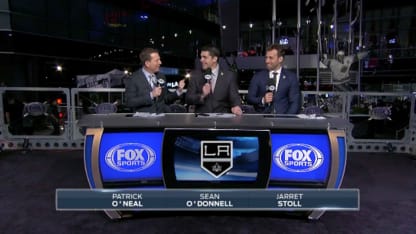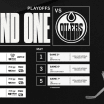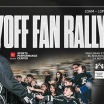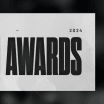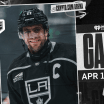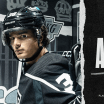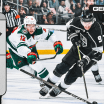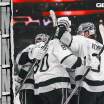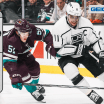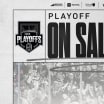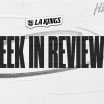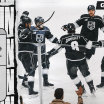Jarret Stoll is having a blast this season.
The former LA Kings center, who helped the team win two Stanley Cups, is back on team broadcasts as an analyst for the second straight year - mostly appearing alongside host Patrick O'Neal and fellow analyst Sean O'Donnell.
He's also working with Player Development, trying to help the Kings get the most out of their young prospects.
QA: Jarret Stoll on His New Role Within the LA Kings Organizatio
"This is the kind of stuff I wanted to do when I was done playing. I'm lucky and thankful to get an opportunity to go into it so quickly"
